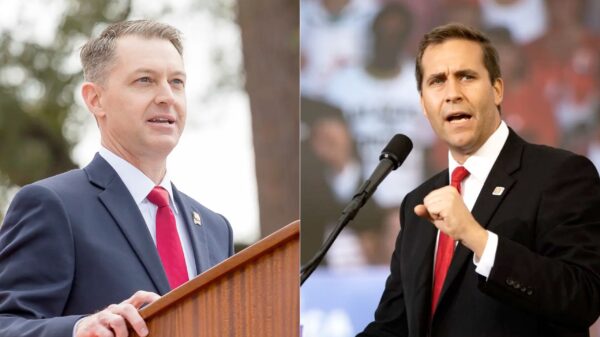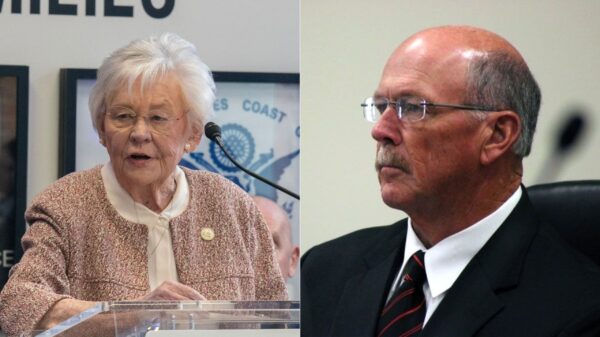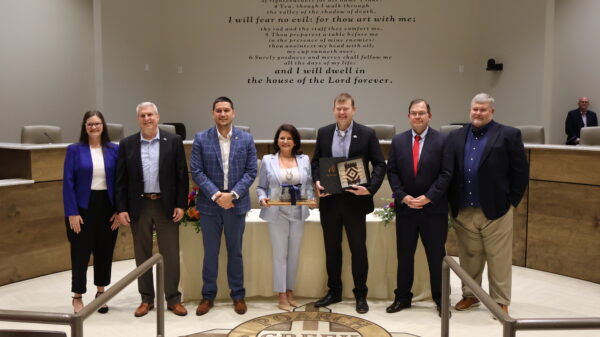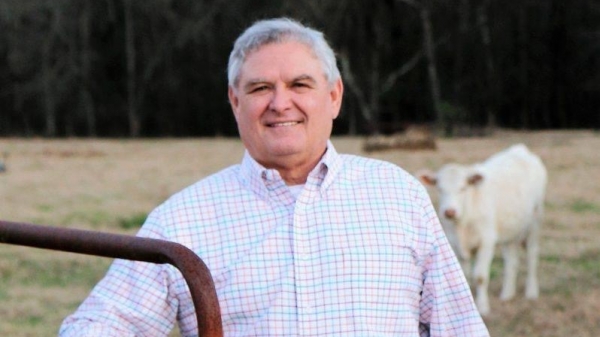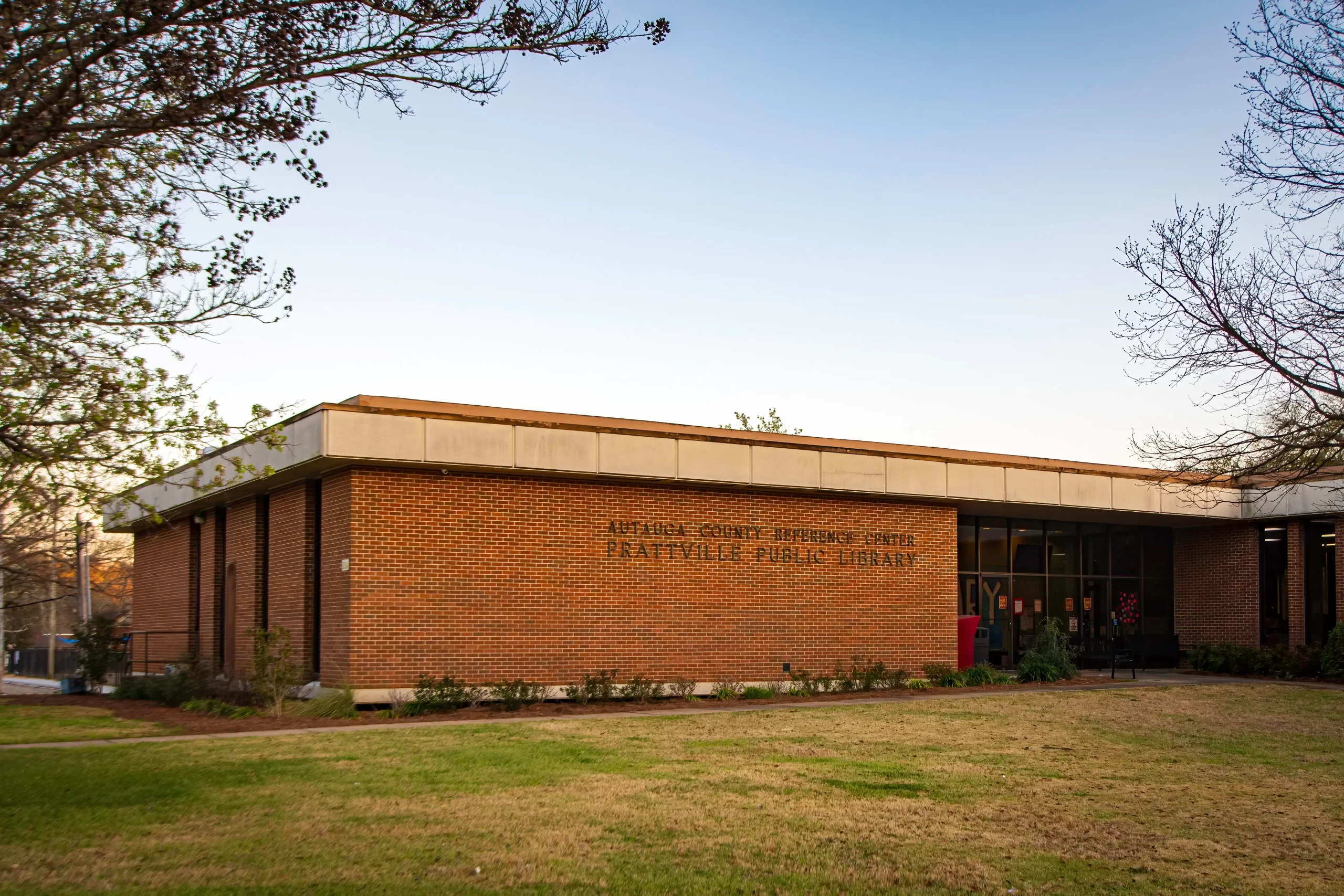The seven of us writing this come from very different walks of life. We are librarians, parents, straight and LGBTQ+, people of all sorts of religious convictions and political values – and together, we just sued the Autauga-Prattville Public Library’s Board of Trustees.
While we come from different backgrounds, we have some important things in common. We are all Alabamians, through and through. This is our home. It’s where many of us grew up, where we’re raising our families, and where we hope to grow old. We also each count on our libraries to enrich our lives and our children’s lives.
Because of the deep pride we hold for this state and our love for our libraries, we feel compelled to speak out against the Board’s new policies. These policies unlawfully censor and discriminate against certain types of materials and speech. They violate our First Amendment rights to make sure the government isn’t privileging some perspectives over others. Parents, not politicians, should be the ones deciding what books their children read. And the Alabamians we’ve talked to agree: these unlawful censorship policies have no home in our state.
The problem started earlier this year when the Board enacted new policies allowing them to assume the power to decide what library patrons should be allowed to read, instead of trusting that decision to parents. Under the Board’s new “selection criteria policy,” the library is no longer permitted to acquire any material (other than biology, anatomy, or religious texts) advertised for children aged 17 or younger that contains content including obscenity, sexual conduct, sexual intercourse, sexual orientation, gender identity, and gender discordance. It also adds these criteria into the library’s “weeding” policy, which governs what books to remove from its collection. The board’s other policy we take issue with is its policy for library cards for minors. Now children 17 and younger are not allowed to check out materials containing any of the themes listed above, even if their parent or guardian has signed off on it. There are also plans to introduce similar measures state-wide.
Everyone agrees the library shouldn’t offer “obscene” materials, just like everyone agrees it makes sense to have a separate section for adults (which our library already has). But these new criteria are overly broad and will gut the library’s collection of books that grownups and young adults have a constitutional right to read. Under the new selection criteria, any book that references someone’s gender could be pulled from the Young Adult shelves. Our most cherished works by Alabama authors, like “To Kill a Mockingbird” by Harper Lee, mention gender. The way these rules are written, “To Kill a Mockingbird” could be off limits to our kids even with our permission. The classic works we grew up reading – “Anne of Green Gables,” “Little Women” – all fall under the Board’s ban. Not only do the rules hold 7-year-olds and 17-year-olds to the same standards, but they could also mean that an adult who wishes to check out a Young Adult book about an LGBTQ+ character for their own reading will no longer be able to.
Take “Heartstopper,” for example. It’s a popular young adult series that was adapted into a Netflix show about two teen boys falling in love. It’s a book adults also enjoy, but under the library’s new policy, the library would be barred from acquiring the next novel in the series. That means both teens and adults alike will lose access to this book and others like it.
Despite the expansive nature of the rules, the Board’s intent is clear. The Board is attempting to rid our libraries of books discussing diverse characters or themes, with a particular ire for LGBTQ+ storylines. In the wake of these new policies, two members of the Board created a list of 113 books they thought should be moved to the adult section. According to the librarian who processed the request, 95 of the 113 books were targeted because they contained LGBTQ+ content. The Board’s list included “Being You: A First Conversation About Gender” and “Yes! No! A First Conversation About Consent.”
These are not politicians’ decisions to make – they’re ours.
As people of varying backgrounds and belief systems, we don’t always agree with each other on what books a child should read and when. But we do agree on this: parents are the best judges of what books are appropriate for their children, not politicians. As Alabamians and library patrons, the best way we “dare defend our rights,” as our state motto calls for, is by challenging these unconstitutional laws in court. And we will never stop fighting, because censorship is not an Alabama value.

